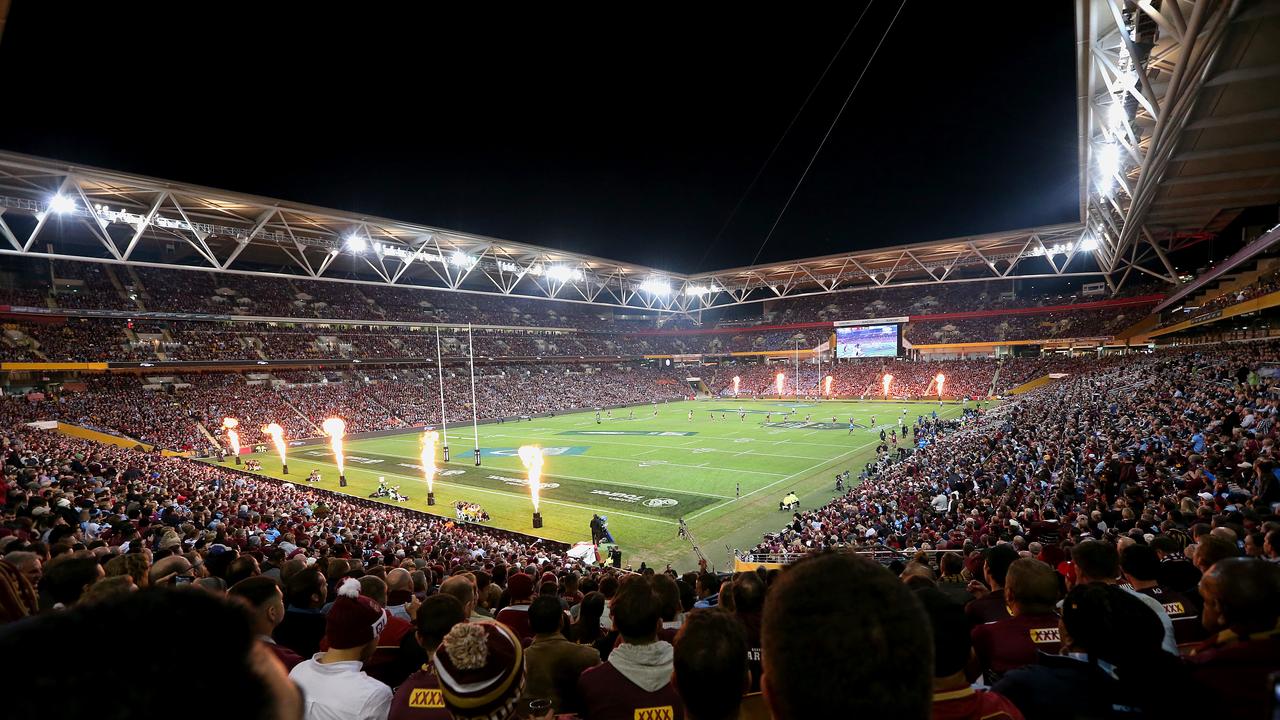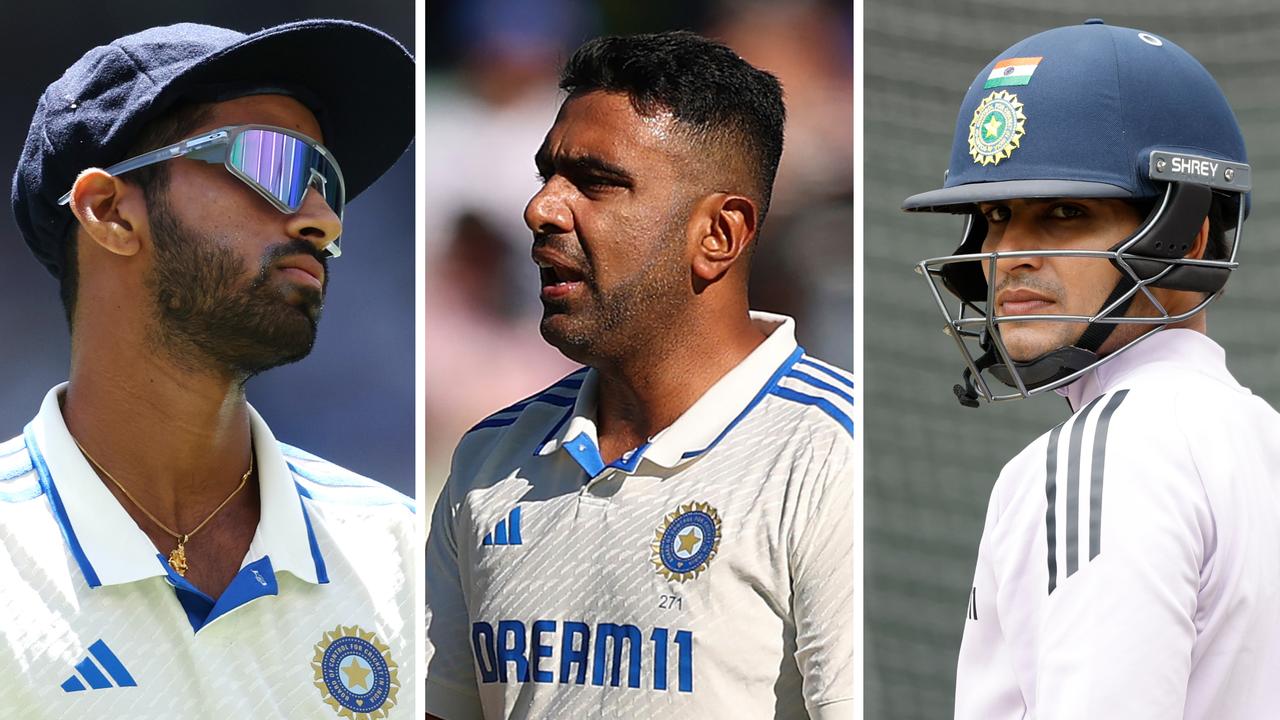Sam Squiers: Sport plays a powerful role in domestic violence rates and we all must be better

- by Admin
- May 7, 2024

Domestic violence is leading the national conversation, with a woman killed at the hands of a man every four days in 2024.
And while fingers are pointed to politicians, authorities and society to do more, a finger also needs to be pointed at sport.
Sport plays a powerful yet unwitting role in domestic violence rates and there is more that athletes, administrators and my journalism peers can do.
Need to do.
We need to be better.
It starts with all of us.
A 2018 study by the NSW Bureau of Crime Statistics and Research found that domestic violence rates increased 40.7% on State of Origin nights. Read that again. Forty per cent. A game that provides so much pride, enjoyment and exhilaration for some becomes the catalyst for fear, aggression and violence for others.
This isn’t happening just in Australia. A study by the University of Lancaster in 2014 found that family violence rates during the three World Cups from 2002-2010 increased 38% when England lost. They rose 26% when England won or drew. It led the UK National Centre for Domestic Violence to launch a confronting campaign in 2018 highlighting the issue with the horrific tagline “If England get beaten, so will she”.
Another study by LaTrobe University in 2022 looked at similar reports in Northern America and the UK concluding that there is a link between major sporting events and an increase in domestic violence rates.
There is a normalisation of male aggression and violence within sport that we need to change. Something as simple as cheering when two players come to blows or near blows in a footy game. Fans cheer, journalists write about it in their stories. The next day, it’s reminisced in conversations and social media channels circulate the vision.
By doing so, we are platforming male aggression, normalising men using their fists and losing their cool in the heat of the moment and celebrating the very actions that, in everyday life, have ended the lives of more than one woman a week in Australia.
Football codes such as the AFL and NRL have attempted to outlaw punches in the game with suspensions, but they are still thrown. Even the threat to fight – the pushing, shoving and intimidating up-in-your face aggression – needs closer attention by all in the game.
It may seem woke to some and possibly petty to others, but the way we normalise actions in sport has a powerful and direct influence on societal behaviours.
This is supported by not-for-profit domestic violence organisation “Our Watch”, who report: ”When sport promotes and champions stereotypical versions of masculinity and femininity, these stereotypes seep into attitudes and behaviours in families, homes and schools. They become the norm. When aggression, intimidation, threats and violence are accepted as a way for men to resolve disputes on the field, we normalise emotional and physical violence in pubs, streets and homes.“
I have refused to read stories where an all-in brawl in the NHL is celebrated as the “Moment of the Day” and, on another occasion, a fight in State of Origin. Each time, I took issue to the blatant platforming of male aggression, normalising violence in sport and celebrating an action that ends the lives of too many women in Australia.
This is not the sole cause of the violence we’re experiencing but we normalise behaviours in a multitude of ways, and the casual reaction to fights and brawls in sport is part of the problem we need to fix.
“Our Watch” also describes the inequality in sport between men and women as playing a major role. “When women are not equal to men they are seen as less worthy of respect,” the organisation reports. “Disrespectful attitudes and behaviours are the foundation of any and every act of violence against women. Without equal representation and respect for women in sport, equal behaviours and attitudes off the field won’t be achieved.”
Equality in sport isn’t just about paying women the same as men. There is a larger picture about societal attitudes towards women it can help shift.
Sport plays a larger role in this national shame than it wants to admit.
So next time players lose their cool and swing their fists, I encourage my peers in sports journalism not to simply gloss over it or, worse still, glorify it.
I encourage sports administrators to adjust rulebooks to continue to outlaw and discourage acts of violence. And I plead to clubs, coaches and athletes to educate players about what their actions represent. Players need to understand the role they play in the grand scheme and how to better control their aggression, rather than resorting to violence on the field.
Sport needs to do more than make symbolic gestures. Sport is the vehicle for cultural change in society.
Now more than ever, we need change, before another woman dies in the next four days.
– SAM SQUIERS is a presenter for FOX Sports News and the founder of Sportette
The Latest News
-
December 26, 2024Kohli to escape ban over shoulder clash with teen Konstas
-
December 26, 2024Australian Tennis Player, Max Purcell, Disqualified for Doping
-
December 26, 2024Introducing Sam Konstas, the snarling and smiling face of Test cricket’s future
-
December 26, 2024Konstas’s debut fireworks puts Australia on top at MCG
-
December 26, 2024‘Hands like Copperfield, eye of a dead fish’: Konstas-mania and the 75 minutes that rocked cricket




